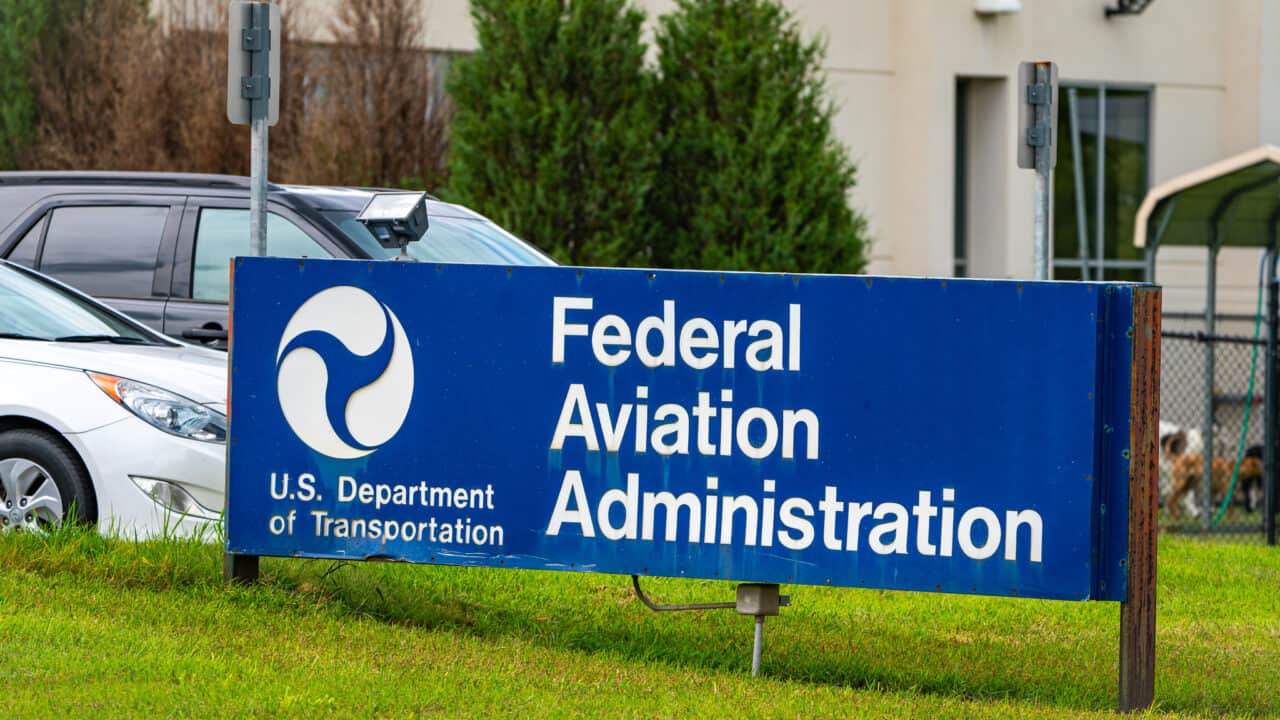 Photo by Tony Webster on Flickr is licensed under CC BY 2.0: http://bit.ly/43u5nw7
Photo by Tony Webster on Flickr is licensed under CC BY 2.0: http://bit.ly/43u5nw7
June 9, 2023
Re: Opposition to Anticompetitive Measures Targeting Peer-to-Peer Car Sharing in FAA Reauthorization Package
Dear Chair Cantwell, Ranking Member Cruz, Chair Graves, and Ranking Member Larsen:
I write in opposition to any inclusion of anticompetitive measures targeting the peer-to-peer (P2P) car sharing model within the 2023 Federal Aviation Administration (FAA) Reauthorization Act.
P2P car sharing is an innovative business model that allows vehicle owners to rent out their personal vehicles for use by other drivers in return for payment. Like other app-based business models under the “sharing economy” umbrella, P2P car sharing continues to grow in popularity among Americans as it provides more options for consumers and supplemental income for owners.
Economic studies have found “substantial” consumer surplus in the P2P automobile market as compared to alternative business models, with “significantly higher improvements” for the segment of consumers earning below median income. Surveys of current users have also found that strong majorities find P2P car sharing to be convenient (91 percent), more affordable than traditional car rental services (82 percent), and preferable to traditional car rental services overall (73 percent).
Unfortunately, special interest groups have sought to inject anticompetitive measures into the FAA reauthorization process to stifle the growth of the P2P car sharing model. Among these ill-advised proposals are the levying of new taxes or fees on P2P car sharing companies, reclassifications of P2P car sharing companies as traditional car rental companies under federally imposed contracts, or outright bans of the model at airports nationwide, as well as wasteful and time-consuming studies meant only to stifle consumer choice and competition.
Americans for Tax Reform is strongly opposed to such measures, which would only reduce choice and raise costs for consumers.
The P2P car sharing model is distinct from the traditional car rental industry. First, P2P companies do not make use of the airport’s facilities, such as garages, carwashes, or rental counterspace. It would be unreasonable for the government to mandate that airports charge P2P companies the same fees that traditional car rental companies pay for these facilities. Further, P2P companies are already precluded from obtaining certain financial benefits that are already afforded to traditional rental companies. For example, because P2P companies do not purchase or own vehicle fleets, they do not receive the associated tax write-offs.
The issue at hand also does not stem from a need for additional revenue at airports. The Infrastructure Investment and Jobs Act in 2021 provided $25 billion in federal grants to bolster airport infrastructure. The year prior, airports received another $10 billion in economic relief under the 2021 CARES Act. The motivation behind the anti-P2P proposals by special interest groups is not for a lack of revenue, but a desire to quash competition via the legislative process.
Finally, the FAA’s mission is ensuring a safe and efficient aerospace system, not issuing broad federal mandates to pick winners and losers. Numerous state governments and individual airports have already been managing these relationships on the local level to determine the status of, and issue permits for, P2P companies in ways that work for their constituents. Congress should not use the FAA to override these localized agreements and force federal mandates on facilities nationwide.
I urge you to reject any attempts to gut the P2P car sharing model via anticompetitive, anti-consumer provisions in this year’s FAA reauthorization bill.
Onward,
Grover Norquist
President, Americans for Tax Reform

